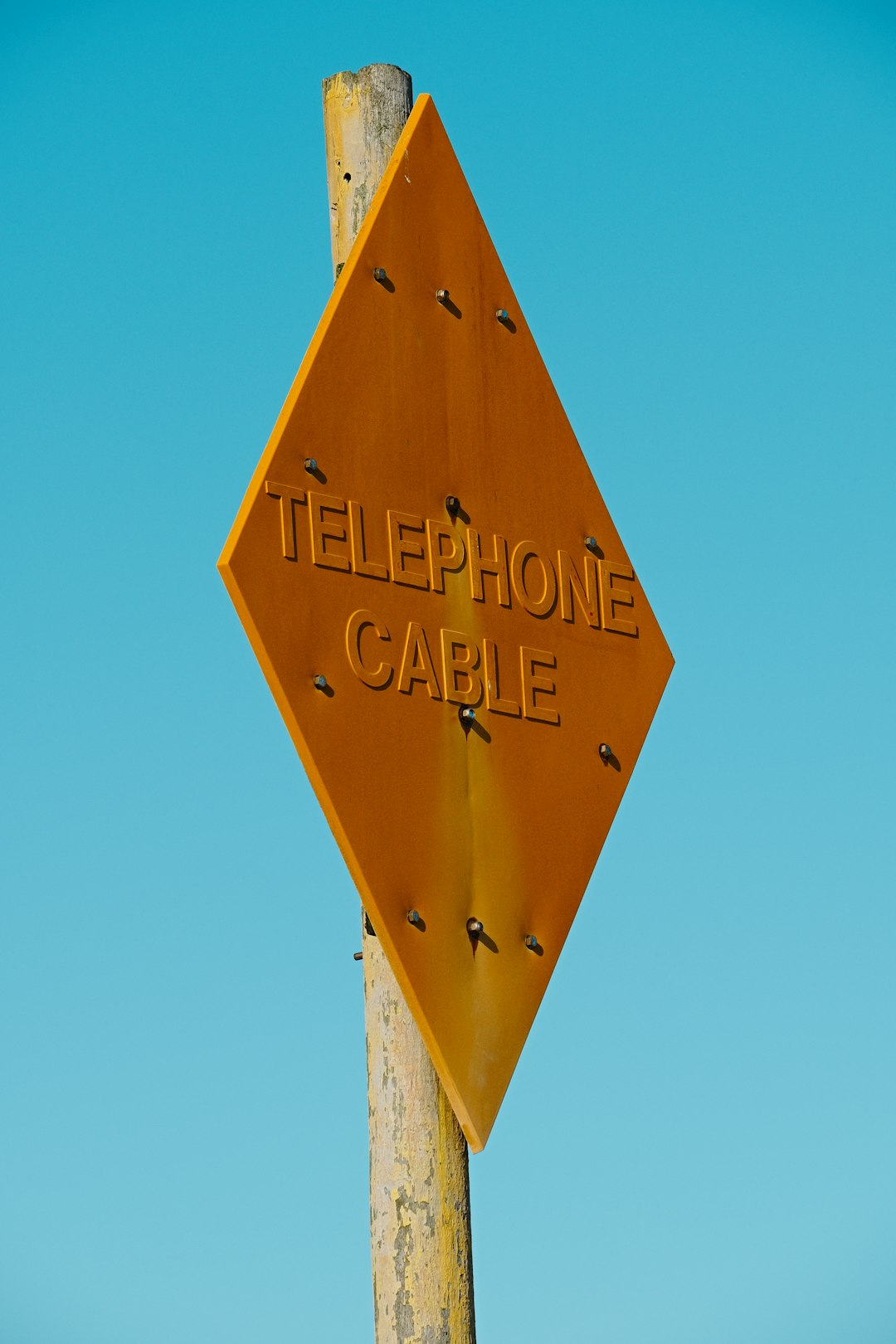Robocalls, particularly intrusive in California, have spurred consumer protection initiatives. In response, a collaborative effort has developed mobile apps to block these calls, empowering residents to reclaim control over their communication and privacy. With advanced algorithms, these apps differentiate between legitimate calls and spam, offer customizable blocking lists, and enhance data security. Legal considerations, such as user consent and the TCPA, shape app development in California, driving continuous innovation for better call blocking experiences.
In the age of digital connectivity, California residents face an increasing barrage of unwanted robocalls. These automated calls, often fraudulent or harassing, have spurred a surge in the popularity of mobile applications designed to block them. This article explores the growing trend of robocall-blocking apps in California, delving into their effectiveness, key features, and legal implications. Understanding the impact of robocalls and the evolving landscape of call blocking technology is crucial for consumers seeking protection as this innovative solution continues to gain traction.
Understanding Robocalls and Their Impact in California

Robocalls have become a ubiquitous and often unwanted part of daily life in California, just as they are across the nation. These automated telephone calls, commonly used for marketing or legal purposes, can be a nuisance, especially when they persist despite Do Not Call lists and privacy laws. In California, where consumer protection is taken seriously, robocalls, particularly from unscrupulous lawyers or collection agencies, have led to increased awareness and the development of innovative solutions, such as mobile applications designed to block these calls.
The impact of robocalls in California extends beyond mere frustration. They can disrupt individuals’ peace of mind, invade privacy, and even contribute to a culture of fear, especially when they involve legal or financial matters. With many residents already feeling the economic strain of rising costs of living, unwanted robocalls can add to their stress levels. This has prompted a collective effort among consumers, advocates, and tech developers to combat this growing issue, ensuring that Californians have access to tools like robocall-blocking apps, empowering them to take control of their communication and privacy.
The Rise of Mobile Applications for Call Blocking

In recent years, mobile applications designed for call blocking have gained significant traction, especially among consumers looking to protect their privacy from unwanted robocalls. With the proliferation of robocalls targeting California residents, many are turning to innovative solutions like specialized apps to combat this growing nuisance. These applications offer a convenient and effective way to filter out automated phone calls, providing much-needed relief from persistent and often fraudulent robocallers.
The demand for call blocking apps has surged due to the increasing frequency and sophistication of robocalls, with many targeting individuals seeking legal advice or falling victim to scams. California, known for its robust consumer protection laws, has also witnessed a rise in the use of such applications as people seek control over their communication channels. By leveraging advanced algorithms and user-friendly interfaces, these apps have become indispensable tools in the ongoing battle against robocalls, empowering users to reclaim their mobile experiences.
Key Features to Look for in a Robocall Attorney App

When choosing a robocall attorney California app, consider these key features to ensure an effective and efficient solution for blocking unwanted calls. First, look for robust call identification capabilities that can accurately detect and categorize robocalls using advanced algorithms and machine learning. These apps should be able to distinguish between legitimate calls and automated marketing messages, minimizing false positives.
Additionally, a user-friendly interface is essential for a seamless experience. Simple controls and clear call history logs allow users to manage their preferences easily. Look for apps that offer customizable blocking lists, allowing you to add or remove numbers as needed. Features like automatic call filtering and personalized notifications further enhance the user experience, ensuring peace of mind during interactions with potential robocalls.
Legal Considerations and Future of Robocall Blocking Apps in CA

In California, where privacy laws are stringent, the future of robocall blocking apps is intertwined with legal considerations. The state’s strict regulations on consumer protection and communication practices directly impact the development and implementation of such applications. Robocall Attorney California experts are navigating a complex landscape to ensure these apps operate within legal boundaries. One key aspect is obtaining explicit user consent for call blocking, adhering to the Telephone Consumer Protection Act (TCPA).
As technology evolves, so do consumer expectations and legal frameworks. The ongoing battle against unwanted robocalls prompts continuous innovation in app development. Future advancements may include enhanced AI capabilities to differentiate legitimate calls from spam, improved data security to protect user information, and more intuitive interfaces for tailored call blocking preferences.






